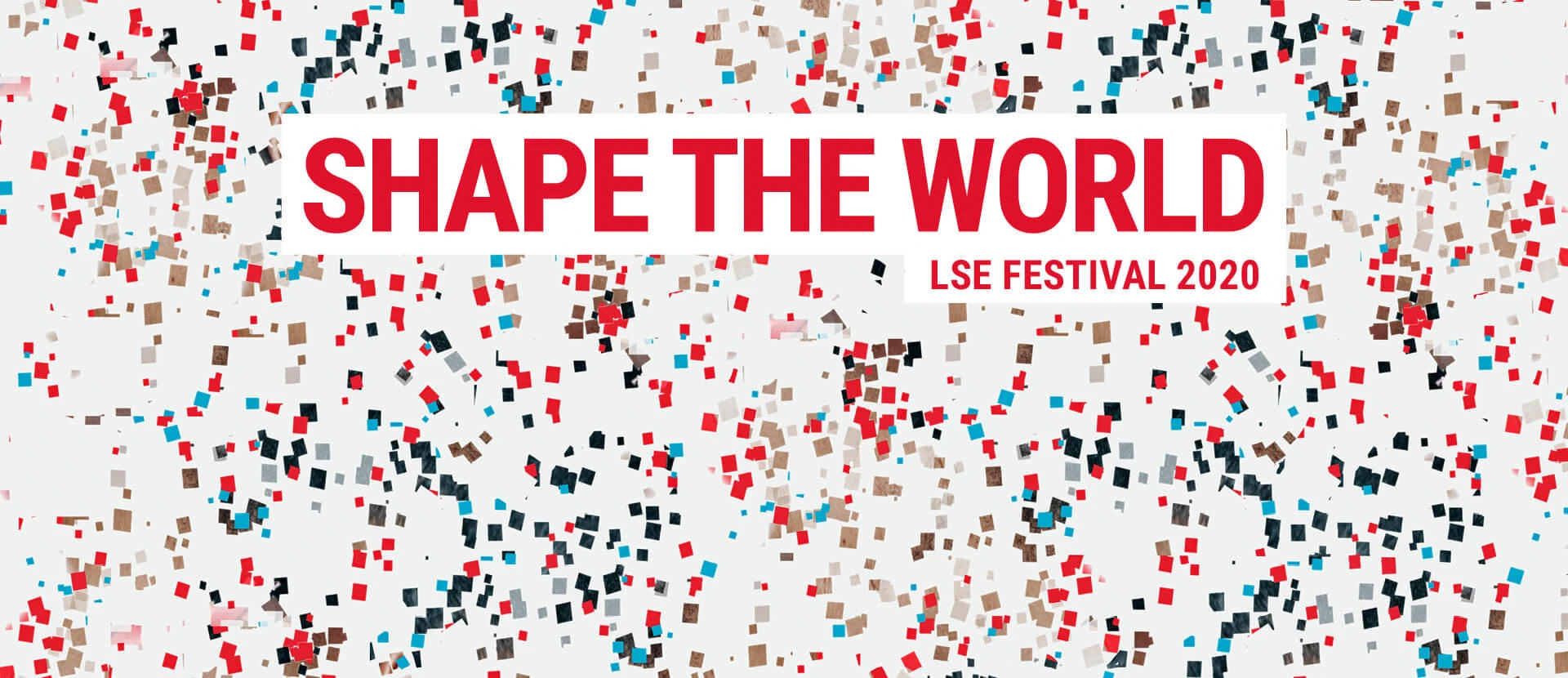Planet, Population and Rights

The headlines remind us daily that we are hurtling towards a planetary emergency. The dire warnings of catastrophic and irreversible environmental disaster suggest the shape of our world will change fundamentally. Calls to action often draw simplistically on fears of overpopulation, misrepresenting the complex relationship between demographic trends and climate change.
Climate change measures and rhetoric, whether intentionally or not, can have a negative impact on the rights and freedoms of less powerful groups, notably women in the Global South. These groups are often on the frontline of environmental changes, experiencing their impact first hand, but are also at the vanguard of efforts to tackle their effects. Confronting the potential tensions but also the positive symbioses in these inter-linked areas of environment, demography and human rights can offer new insights on the best means to tackle environmental and demographic threats in a manner than enhances rather than restricts human rights. Inter-disciplinary debate is needed to ensure that our reshaped world further strengthens human rights when responding to climate and demographic pressures. LSE’s Global Health Initiative is well placed to facilitate this type of interdisciplinary exchange, drawing on expertise from across the LSE in climate change, demography, migration, gender, and reproductive rights.
Julia Corwin (@JulesCorwin) is Assistant Professor in Environment at the Department of Geography and Environment, LSE. Her work focuses on the politics of global environmental governance and its relationship to the informal economy and global trade. Her research has focused on global flows of electronic ‘waste’ and their revaluation through economies of repair and maintenance in India, conducted through a patchwork ethnography of local markets understood as significant sites in global capital networks.
Carina Hirsch is an Advocacy & Projects Manager at the Margaret Pyke Trust. Carina has been committed to improving the status of women and girls for over 10 years within UN agencies, International NGOs and at the Margaret Pyke Trust since joining in 2015. She has solid field experience implementing projects to improve the lives of rural women in Niger, Sierra Leone, Burkina Faso and India. She advocates on the importance of sexual and reproductive health and rights (SRHR), and family planning in particular, not only to improve the health, well-being and lives of women and girls, but also to further environmental objectives including habitat conservation and climate action. Carina is also a Steering Committee Member of the UK SRHR Network.
Yamini Mishra (@Yamini___Mishra) is the Director of Gender, Sexuality and Identity at Amnesty International, providing leadership and vision to the world’s largest human rights movement on gender and discrimination. Prior to this she was the Regional Gender Responsive Budgeting (GRB) Specialist for the Regional Office for Asia Pacific for UN Women. In her role, she served as a Policy Specialist, providing technical support on GRB to various stakeholders in Asia Pacific. She has been invited by the Government of India to be on several important committees, including the Feminist Economist Committee set up by the Planning Commission of India for the 11th and 12th Five Year Plans. Before joining UN Women, Yamini was the Executive Director, Centre for Budget and Governance Accountability (CBGA), Delhi, an organisation which does cutting edge work on governance issues using budget analysis as the entry point. Yamini has written and published several articles and reports in mainstream newspapers and reputed academic journals. She serves as the Chair of the Board of Centre for Democracy and Social Action and is on the Governing Board of Centre for Agrarian Reform and Economic Studies. She has recently been appointed to the Advisory Group of the UN Secretary General’s High Level Panel on Financing for Gender Equality.
Wendy Sigle is Professor of Gender and Family Studies at the Department of Gender Studies. She has worked on a variety of issues related to families and family policy in historical and contemporary societies. Her research is is quantitative and applies both econometric and demographic methods to the analysis of secondary survey data or data drawn from official government records. Additionanly, her research critiques how quantitative methods are applied and how quantitative evidence is used and interpreted, particular in a policy context.
Laura J Brown (@Lolabear88) is an ESRC Postdoctoral Fellow based at the Department of International Development at LSE. Her research focuses on links between the environment and women’s health, with a particular focus on maternal and reproductive health and behaviour. Laura holds a first class BSc in Biological Anthropology from the University of Kent as well as an MSc in Reproductive & Sexual Health Research and a PhD in Epidemiology & Population Health (Demography), both from the London School of Hygiene & Tropical Medicine.
Twitter hashtags for this event: #LSEFestival #ShapetheWorld
This event is part of the running from Monday 2 to Saturday 7 March 2020, with a series of events exploring how social science can make the world a better place.
Podcast
A podcast of this event is available to download from Planet, Population and Rights.
Podcasts and videos of many LSE events can be found at the LSE Public Lectures and Events: podcasts and videos channel.
LSE holds a wide range of events, covering many of the most controversial issues of the day, and speakers at our events may express views that cause offence. The views expressed by speakers at LSE events do not reflect the position or views of The London School of Economics and Political Science.
From time to time there are changes to event details so we strongly recommend that if you plan to attend this event you check back on this listing on the day of the event.
LSE holds a wide range of events, covering many of the most controversial issues of the day, and speakers at our events may express views that cause offence. The views expressed by speakers at LSE events do not reflect the position or views of the London School of Economics and Political Science.
